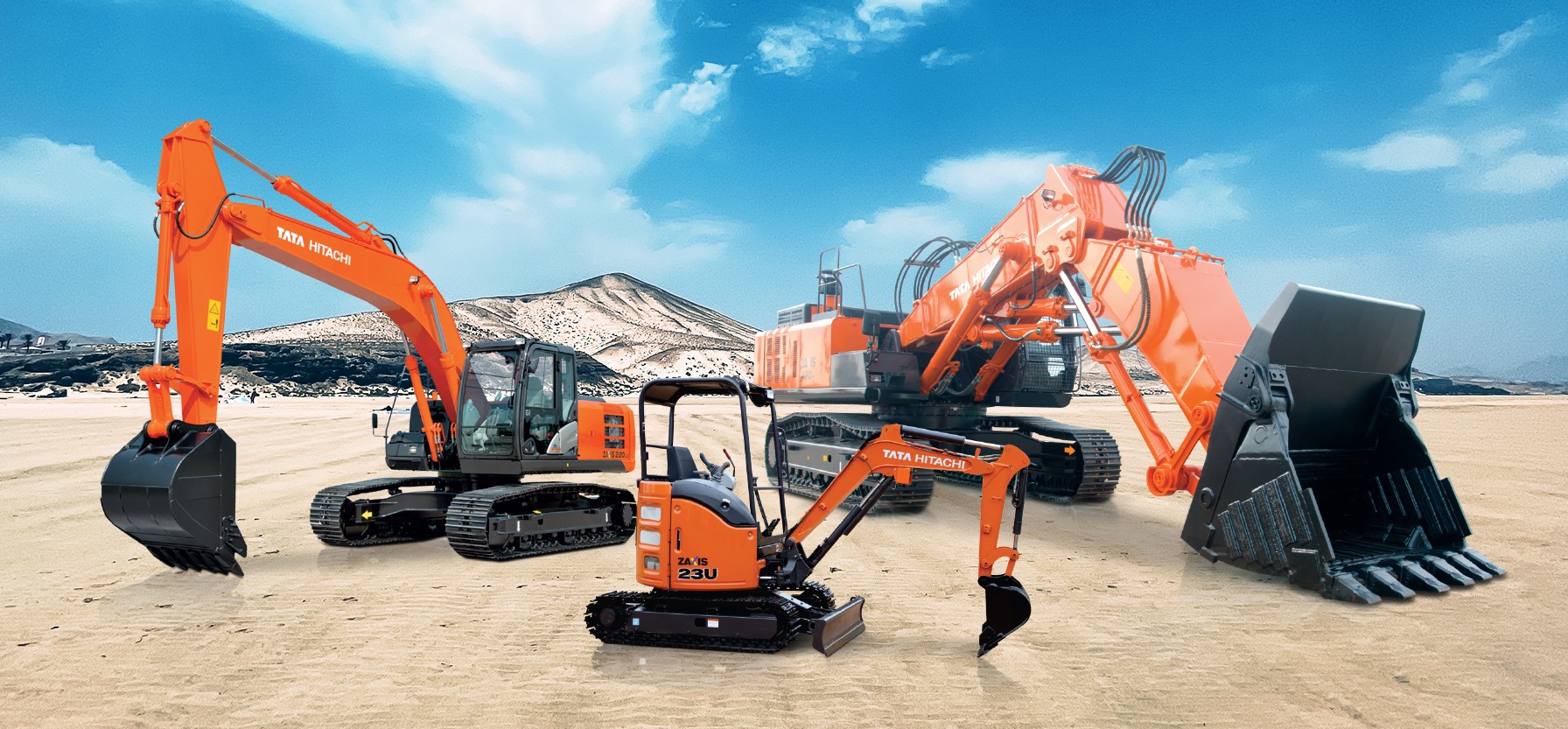
Every construction project, whether it’s building a residential home or developing a large-scale infrastructure, depends on one key factor — the right equipment. Over time, construction equipment supplier has seen a significant evolution, moving from basic hand tools to sophisticated, technologically advanced machines that can swiftly and precisely do complicated jobs. These powerful machines are the backbone of every job site, supporting contractors, operators, and engineers in bringing blueprints to life efficiently and safely. Understanding modern construction equipment helps businesses choose the right tools, boost productivity, and maintain a competitive edge in an ever-demanding industry.
Contents
The Evolution Of Construction Equipment
In the early days of construction, most heavy lifting and excavation were done manually or with animal power. Over time, steam engines revolutionized the industry, giving rise to the first mechanical excavators and cranes. In the present era, cutting-edge hydraulics, electronics, and automation are integrated with contemporary construction equipment to provide unparalleled accuracy and efficiency.
Modern equipment, such as telematics-equipped excavators and GPS-guided bulldozers, is more advanced than ever. These innovations reduce human error, optimize fuel use, and allow operators to complete complex projects faster than traditional methods could ever achieve. The evolution of construction machinery reflects the industry’s continuous push toward safety, sustainability, and performance.
Essential Categories Of Modern Construction Equipment
Construction equipment comes in many forms, each designed for specific tasks. Understanding their roles ensures that every job runs smoothly from start to finish.
- Excavators: These are the workhorses of construction sites, used for digging, lifting, grading, and demolition. Modern excavators come with hydraulic attachments and precise control systems that allow them to perform multiple roles efficiently.
- Loaders: Designed for material handling, loaders move soil, gravel, and debris with speed and precision. Wheel loaders and skid steers are particularly valued for their versatility in tight job site spaces.
- Bulldozers: Known for their strength, bulldozers level ground and push heavy materials. New models feature GPS and automatic blade control for enhanced grading accuracy.
- Cranes: Vital for lifting heavy materials to great heights, cranes now feature remote control systems and advanced stabilization technologies that improve safety and maneuverability.
- Compactors And Rollers: These machines ensure the ground is stable and compact before construction begins, preventing structural issues later on.
- Dump Trucks: No job site runs efficiently without dump trucks. They haul materials across the site and between locations, ensuring smooth workflow and timely material delivery.
Each type of machine plays a unique role in the construction process, and together, they form the backbone of a project’s success.
Technology Driving Efficiency And Safety
In addition to being strong, modern construction equipment is also clever. Digital advancements have transformed how operators interact with machinery. GPS-enabled systems help with precision grading and excavation, reducing waste and rework. Telematics monitors machine performance in real time, alerting managers about maintenance needs, fuel usage, and potential faults before they become costly issues.
Automation and AI have also begun to reshape the industry. Semi-autonomous bulldozers and drones assist with surveying, ensuring better accuracy and efficiency. Because they reduce direct exposure to high-risk situations, these technologies not only increase productivity but also improve operator safety.
Moreover, many manufacturers are focusing on eco-friendly designs, incorporating hybrid and electric engines that reduce emissions and fuel consumption without compromising performance.
The Importance Of Regular Maintenance
While technology enhances performance, regular maintenance keeps machinery running at its best. Dust, dirt, and heavy workloads can take a toll on components if not serviced properly. Scheduled inspections, fluid checks, and part replacements prevent major breakdowns and extend the life of the equipment.
Partnering with a reliable construction equipment service provider ensures machines remain in top condition, minimizing downtime and maintaining consistent project timelines. Well-maintained machinery not only performs better but also improves safety for everyone on site.
Building The Future With Smarter Equipment
The future of construction will rely even more on connected, data-driven machines. Modern equipment will continue to develop, incorporating greener technologies and smarter systems, as the demand for efficient and sustainable construction practices increases.
For contractors and project managers, understanding how each machine contributes to the workflow is key to improving performance and profitability. From earthmoving to lifting, from compacting to hauling, every piece of construction equipment plays a vital role in shaping skylines and infrastructure across the world.
Final Thoughts
Modern construction equipment represents the perfect blend of engineering, technology, and functionality. It transforms demanding projects into achievable goals, saves time, and enhances safety on job sites.
In the end, these machines aren’t just tools — they’re the foundation upon which progress is built. By investing in quality machinery, regular servicing, and the latest innovations, contractors can ensure their operations stay efficient, productive, and ready for the challenges of tomorrow.